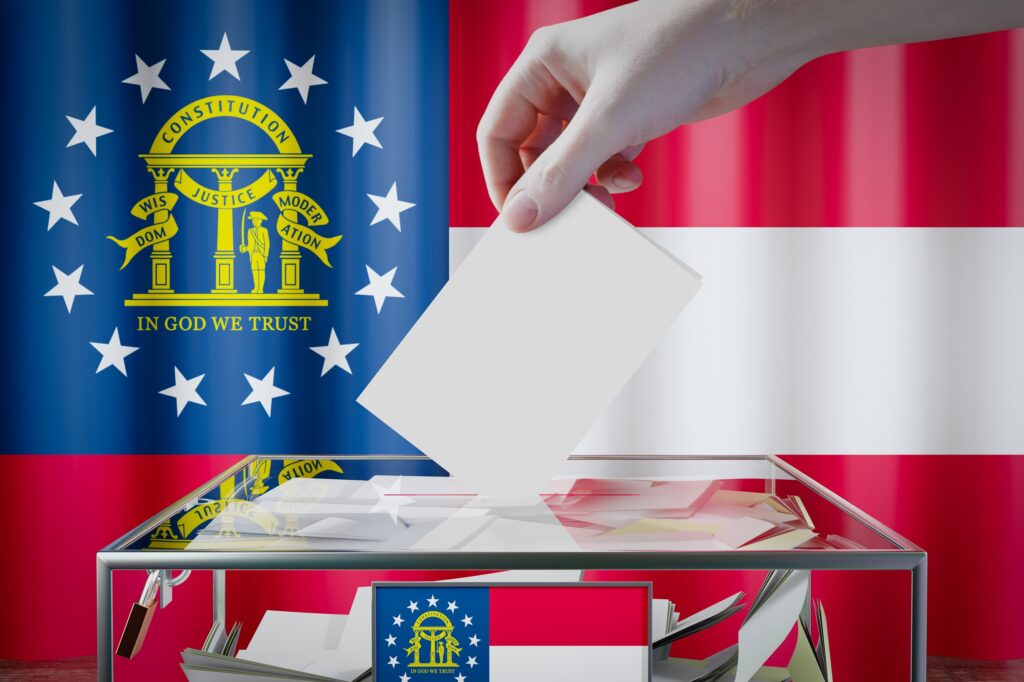Summary of 2021 Election Legislation
Author
Key Points
Press Release
Lessons from the 2021 Elections
Media Contact
For general media inquiries and to book our experts, please contact pr@rstreet.org.
Introduction
In 2021, election legislation is dominating politics to a greater extent than any year in recent memory, as politicians not only rehash the results and processes of the 2020 election but also work to establish policies for the future.
Throughout 2021, legislators across the United States introduced more than 1400 bills that either expand or restrict voting rights, with dozens ultimately making their way to governors’ desks and signed into law.
This paper provides a brief overview of some of those enacted laws, with an emphasis on legislation that impacts elections in the following ways:
- Voter registration, particularly the maintenance of accurate voter rolls, automatic voter registration and voting rights restoration.
- Early voting, particularly the availability of mail-in absentee ballots, early in-person voting and ballot drop boxes.
- Election administration, particularly the balance of oversight power between local and state officials as well as harsh punishments for certain election activity.
While these topics are not exhaustive of all election legislation, they do represent some of the most contentious and important election law issues addressed by state legislators in 2021. The legislation summarized in this paper is intended to provide a sense of direction and scope; not every provision contained in these bills will be included in the summaries. Finally, although state legislatures experienced a frenzy of debate and activity in 2021 regarding post-election audits and claims of election fraud, the topic has been handled elsewhere and is not included in this paper.










